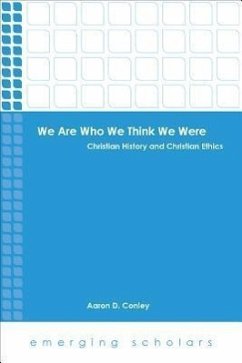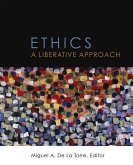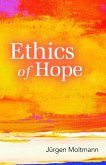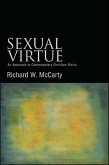Conley calls into question the outdated historical methodologies in use in Christian social ethics and outlines the consequences stemming from them. By adopting the postmodern post-structuralist position of historian Elizabeth Clark, Conley calls ethicists to learn to read for the gaps, silences, and aporias existent in historical texts as well as in the histories represented by them. The book calls ethicists to a critical self-reflexive historiography. This self-criticism allows the ability to construct new histories and formulate new ethical norms for the world in which we now live.








